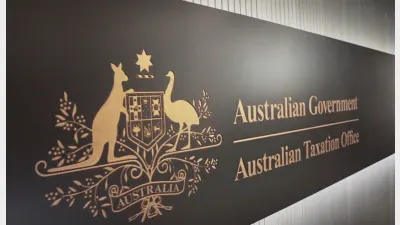ASFA warnings on bankruptcy
The Association of Superannuation Funds of Australia (ASFA) has warned the Federal Government against burdening superannuation funds with another layer of compliance costs via proposed amendments to the Bankruptcy Act.
In a submission to the , ASFA’s director of policy and research Michaela Anderson said that if it was determined that another layer of compliance costs was to be added to the operating costs of superannuation funds then it was essential that those costs be kept to a minimum.
The submission said that it was also important to ensure that the new rules be clear and ensure that superannuation fund trustees “can act with certainty and not be open to any legal action”.
The ASFA submission makes the point that the consultation paper outlining the proposed legislative changes was prepared by the , “an organisation that could not be considered a disinterested party in these matters”.
It said that the consultation paper provided no details on how many bankrupts it anticipated would be impacted by the legislation but noted that “the proposed administrative measures will impact on every registered superannuation entity in Australia”.
The ASFA submission said it was of concern that the bankruptcy changes might add yet another jurisdiction to superannuation.
Among its recommendations, ASFA said it was essential that the legislation ensured superannuation fund trustees were not drawn into disputes between the trustee in bankruptcy and superannuation fund members or their dependents.
“A fund trustee should only be required to pay a benefit or freeze an account until the matter is settled,” it said.
Recommended for you
Super funds are strengthening systems and modelling member benefits ahead of payday super.
The Australian Taxation Office (ATO) has approved real-time payments for superannuation, removing a major hurdle ahead of payday super reforms.
The investment body has raised questions about ART’s Tabcorp shareholding, urging clarity for members on gambling-related super fund investments.
Australian super funds have posted early gains in FY26, driven by strong share market performance and resilient long-term returns.











